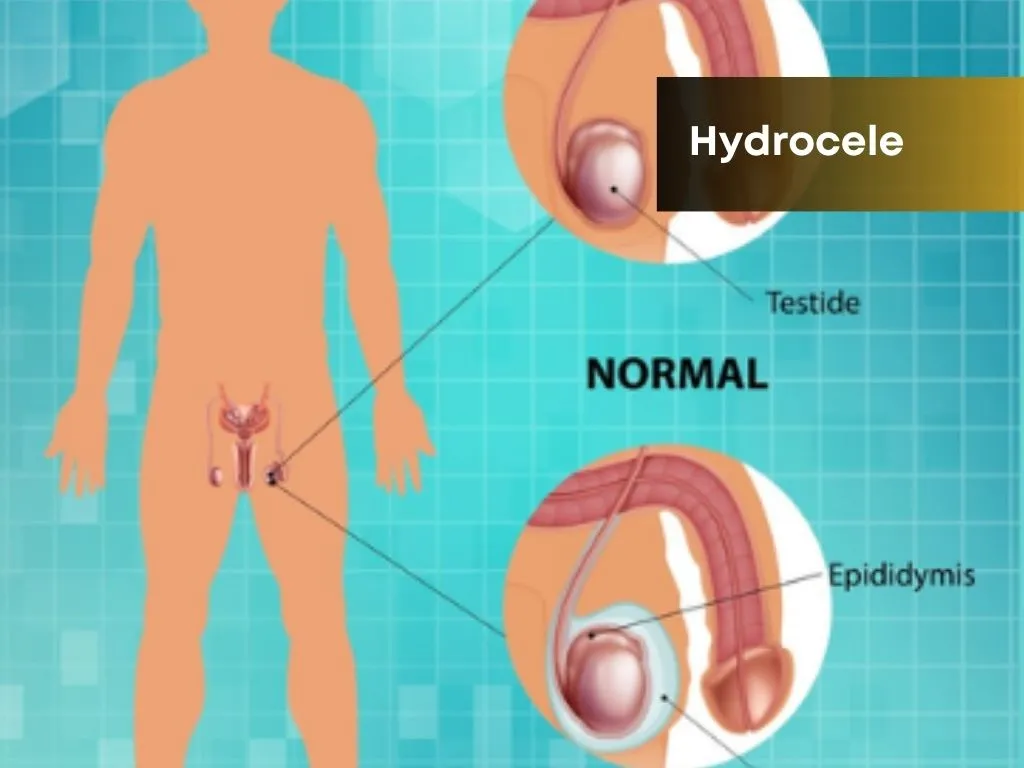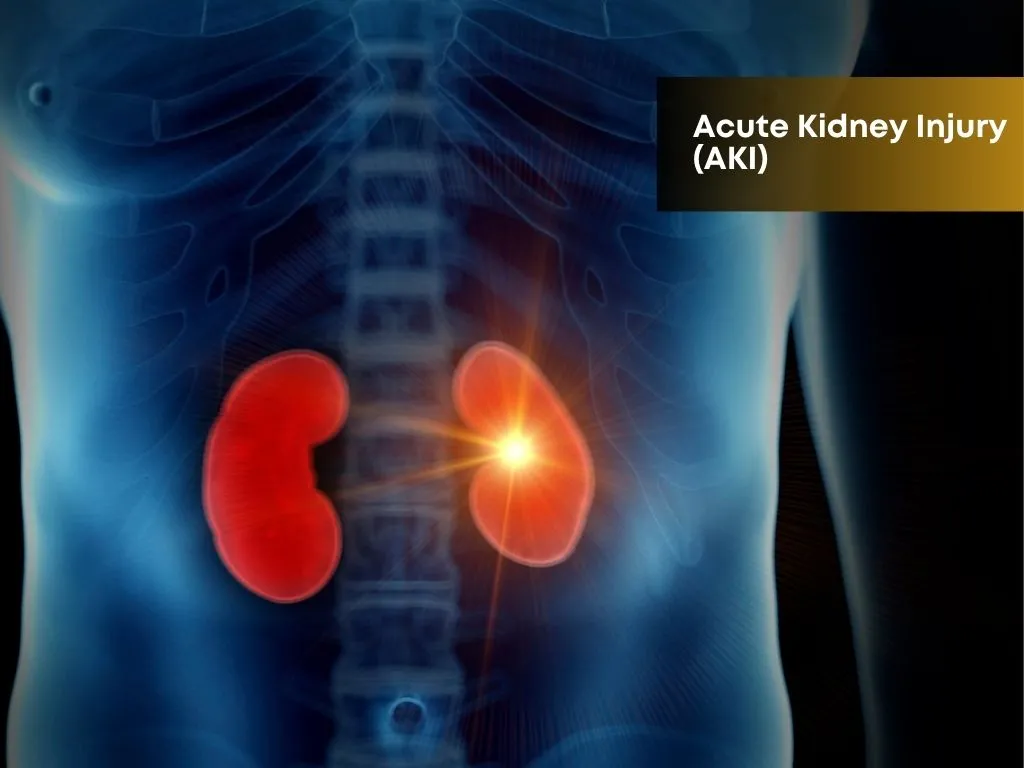Lung infection (Pneumonia)
-
 Nalamaree Team
Nalamaree Team
- 23 September 2025
Overview
Pneumonia is a common respiratory infection that affects the lungs. It can be caused by various microorganisms such as bacteria, viruses, fungi, or parasites. When someone has pneumonia, the air sacs in the lungs, known as alveoli, become inflamed and filled with fluid or pus, making it difficult for oxygen to reach the bloodstream.
Causes
In addition to infectious agents, certain risk factors can increase the developing pneumonia, including:
Symptoms
Common signs and symptoms that may indicate the presence of pneumonia. These include:
Treatment: Modern Medicine
Treatment: Traditional Medicine
Caution
Prevention
Here are some preventive measures that can help reduce the risk of pneumonia:
1. Vaccination: Vaccination is one of the most effective ways to prevent certain types of pneumonia.
- Pneumococcal vaccine
- Influenza vaccine
- COVID-19 vaccine
2. Good hygiene practices
- Wash your hands frequently
- Use alcohol-based hand sanitizers if soap and water are not available.
- Avoid close contact with sick individuals
- Cover your mouth and nose with a tissue when coughing or sneezing
3. Quit smoking
4. Avoid air pollution




















.jpg.webp)
